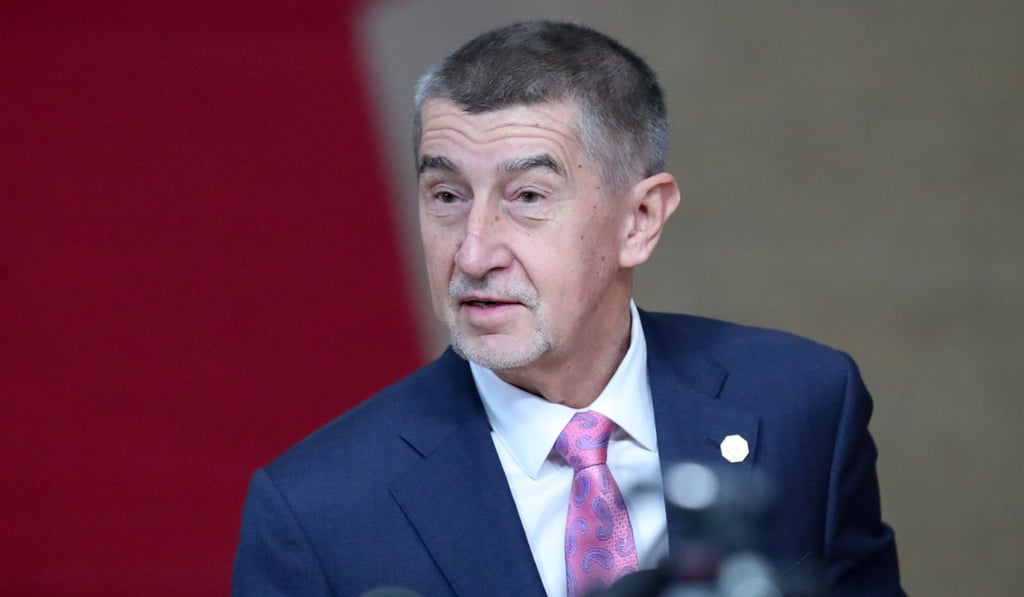Czech cybersecurity chief fired amid dispute over Huawei security threat
- Prime Minister Andrej Babis sacks Dusan Navratil and adds to European controversies over Chinese technology giant
- Analyst says Prague’s positions on Huawei have been ‘a bit chaotic’ amid conflict between economic and political concerns

Czech Prime Minister Andrej Babis has fired the country’s cybersecurity chief, the latest blow in a year-long dispute over threats posed by Chinese technology firms Huawei Technologies and ZTE.
The sacking on Monday of Dusan Navratil – who had earlier warned of the threats – also adds to a growing list of controversies between China and the Eastern European nation.
Babis said government ministers had “unanimously agreed” to the dismissal and that Navratil lacked the experience, managerial skills and communication expertise for the job, national broadcaster Czech Radio reported.
Navratil became the first director of the National Cyber and Information Security Agency – known as Nukib – in 2017 after serving as head of the National Security Authority for 10 years.

In a statement on the Nukib website on Monday, Navratil said he was “surprised” by the prime minister’s reasons for his dismissal but declined to comment further.